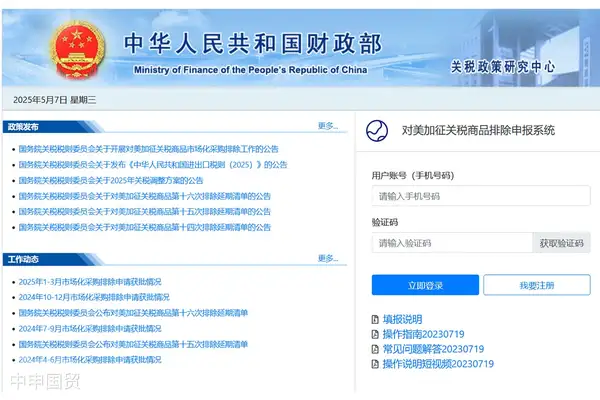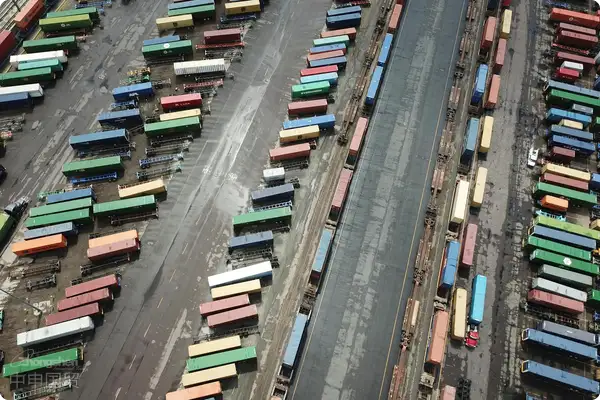- Shanghai Zhongshen International Trade Co., Ltd. - Two decades of trade agency expertise.
- Service Hotline: 139 1787 2118
Recently, Argentinas Secretariat of Bioeconomy under the Ministry of Economy announced a major policy change, eliminating export declaration requirements for multiple agricultural products.Export ClearanceAccording to Resolution No. 50/2024, this change covers over ten types of crops and their by-products, including rice, peanuts, corn oil, wheat bran, and legumes. The move aims to simplify export procedures, reduce corporate costs, and enhance the competitiveness of Argentine agricultural products in the global market.
Policy Background and Specifics
Argentinas Clarín reported that this new resolution is part of the governments deregulation efforts, designed to reduce trade barriers and restrictions, thereby better integrating Argentinas economy into the global trade system. The Secretariat of Bioeconomy stated that this measure will significantly shorten export processing times for the mentioned products, lower operational and administrative costs for businesses, and reduce the likelihood of non-compliance.
Specifically, the products exempted from export declaration requirements include but are not limited to:
- Rice
- Peanuts
- Corn oil
- Wheat bran
- Various legumes

Economic Impact and Industry Response
This policy change is expected to have a profound impact on Argentinas agricultural exports. As a major global producer and exporter of agricultural products, Argentina has long played a key role in international markets. Eliminating these export declaration requirements will further enhance Argentinas competitiveness in the global agricultural market.
The Argentine Agricultural Exporters Association welcomed this move. The associations president noted that this measure not only simplifies export procedures but also saves businesses significant time and costs, making Argentine agricultural products more price-competitive and attractive in international markets. This policy is expected to stimulate growth in agricultural exports, generating more foreign exchange revenue for the country.
Global Market Reactions
The global market has also responded positively to this policy change. Traders from major importing countries like China and India stated that eliminating export declaration requirements will streamline import processes, reduce procurement costs, and further solidify Argentinas position in these markets.
Agricultural traders in regions like the U.S. and EU have also expressed interest in this policy, noting that it could intensify competition in the global agricultural market. However, this change may also prompt other agricultural exporters to adopt similar measures to maintain their competitiveness.
Challenges in Policy Implementation
While the policy offers significant convenience to businesses, challenges in implementation remain. First, eliminating export declaration requirements could create regulatory gaps, and the government must ensure that simplified procedures do not increase risks of non-compliance.
Second, the initial phase of policy implementation may require a transition period, during which businesses and relevant departments will need to adapt to new processes and requirements. The government and industry associations must enhance communication and training to ensure a smooth transition to the new operational model.
Future outlook
Argentinas elimination of export declaration requirements for multiple agricultural products is a significant step in its economic reform and integration into the global trade system. This measure will not only boost the competitiveness of Argentine agricultural products in international markets but also promote domestic agricultural production and economic growth.
Moving forward, the Argentine government may continue to advance similar reforms, further simplifying trade procedures, reducing administrative barriers, and attracting more international trade partners. For Argentine agricultural exporters, this is a crucial development opportunity. They should actively adjust their business strategies to seize this favorable moment and expand their share in international markets.
Related Recommendations
? 2025. All Rights Reserved. Shanghai ICP No. 2023007705-2  PSB Record: Shanghai No.31011502009912
PSB Record: Shanghai No.31011502009912










